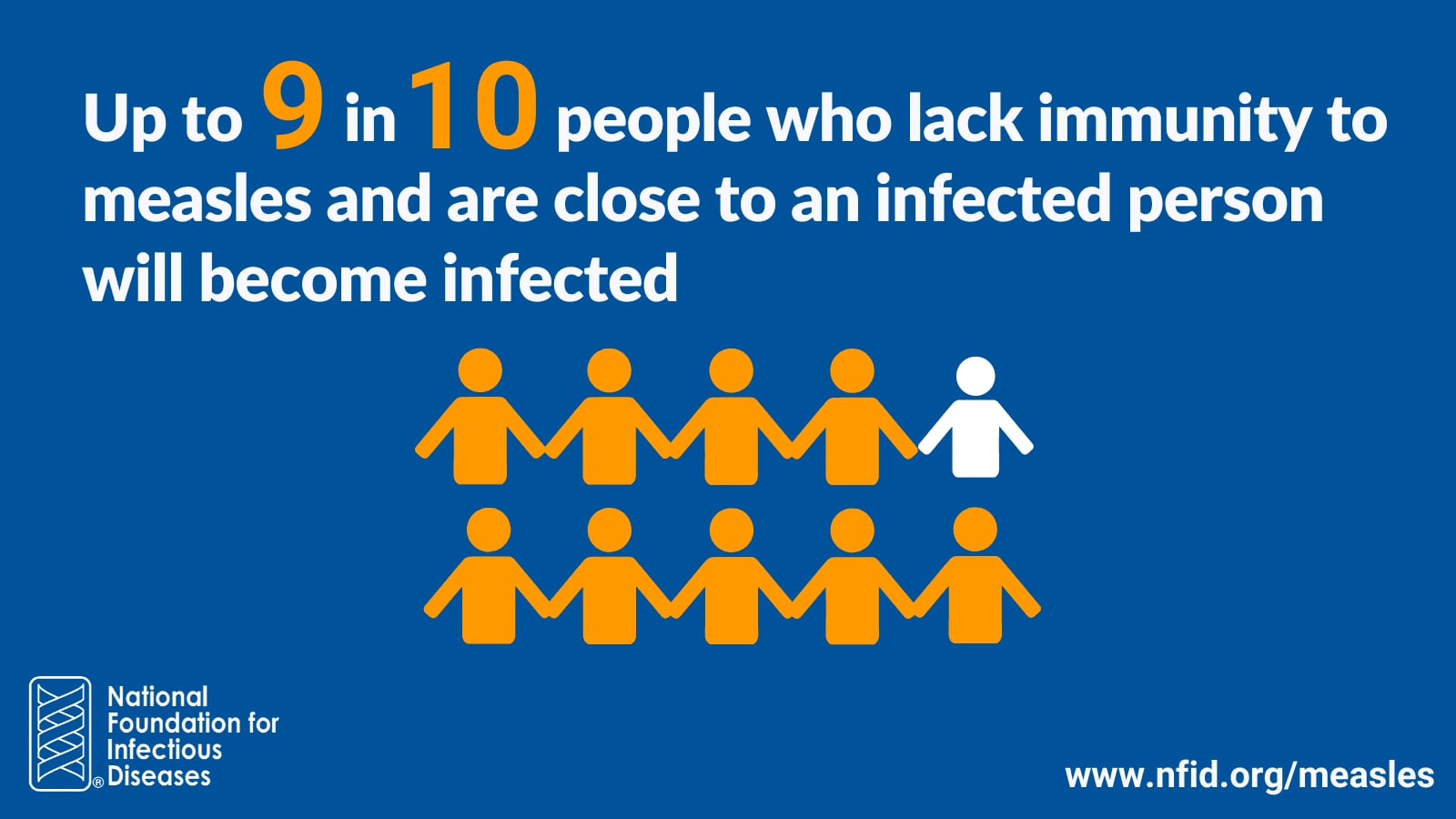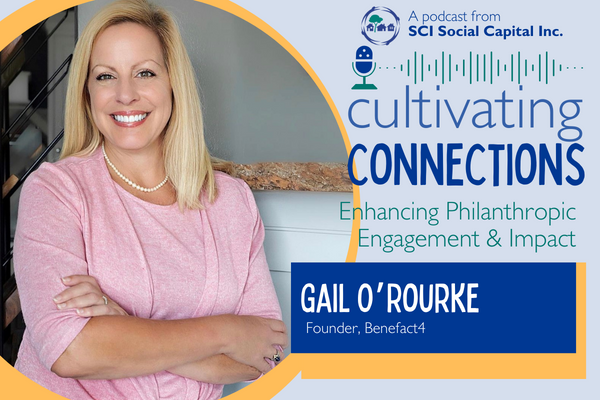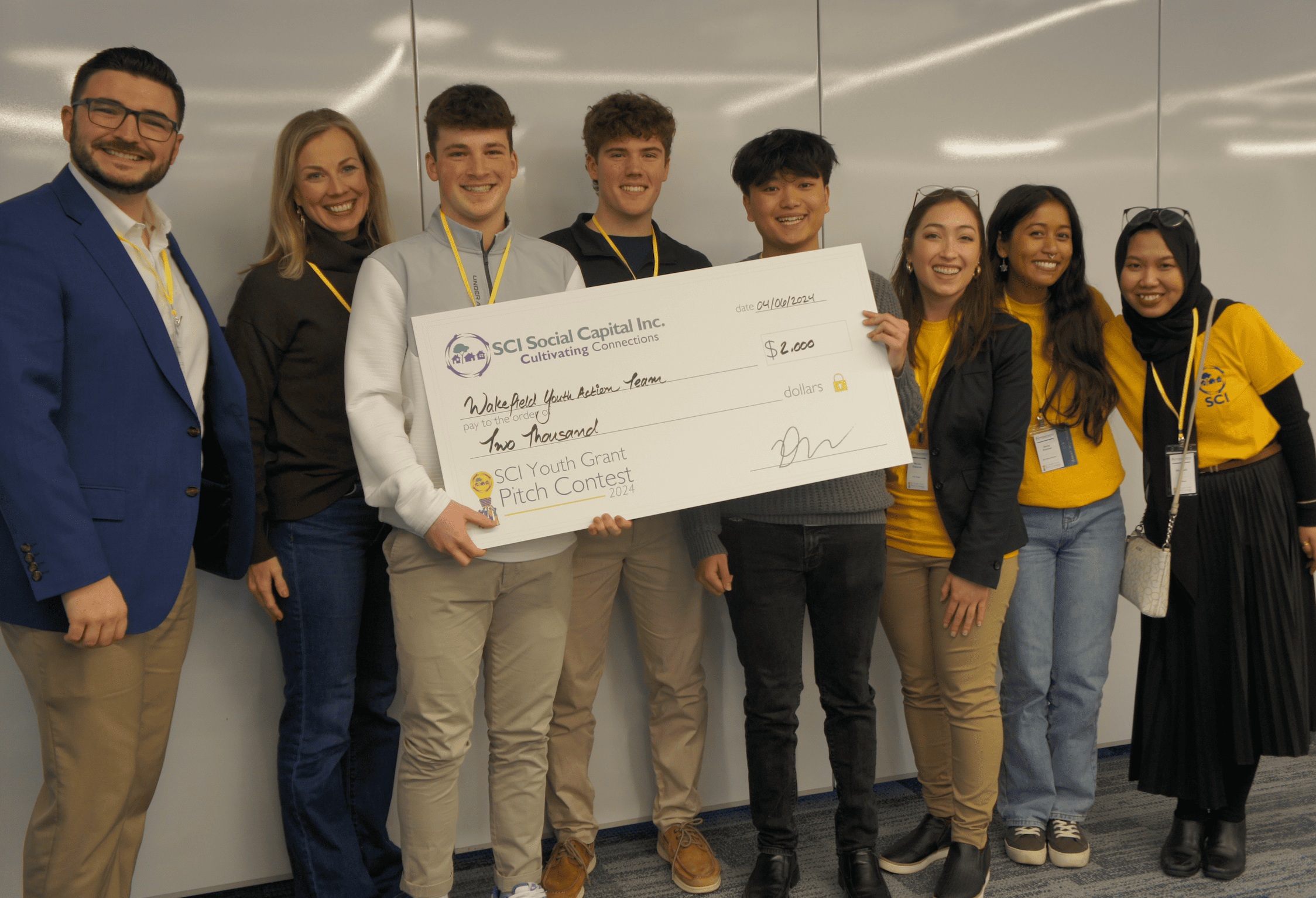Recap: LET Teen Mental Health & Social Media Workshop Featuring Dr. Jill Walsh
Sometimes technology is not only the cause of mental health problems. Instead, technology can also be “the symptom.”
On Monday, October 23, the Leaders for an Equitable Tomorrow (LET) program organized a Social Media & Teen Mental Health Workshop that welcomed teens, youth, parents, educators, and community members. Hosted at the James L. McKeown Boys & Girls Club in Woburn, this workshop was the first LET event of the school year! Starting off strong with record attendance for LET, the workshop featured guest speaker, Dr. Jill Walsh, a leading expert on youth mental health and social media, researcher and lecturer at Boston University, and founder of Digital Aged. The beginning of the event was led by Dr. Jill Walsh who shared her research and findings on the intricate relationship between social media and teenage mental health. After, the adults and teens split into discussion groups, where a safe space was fostered to encourage guest engagement.
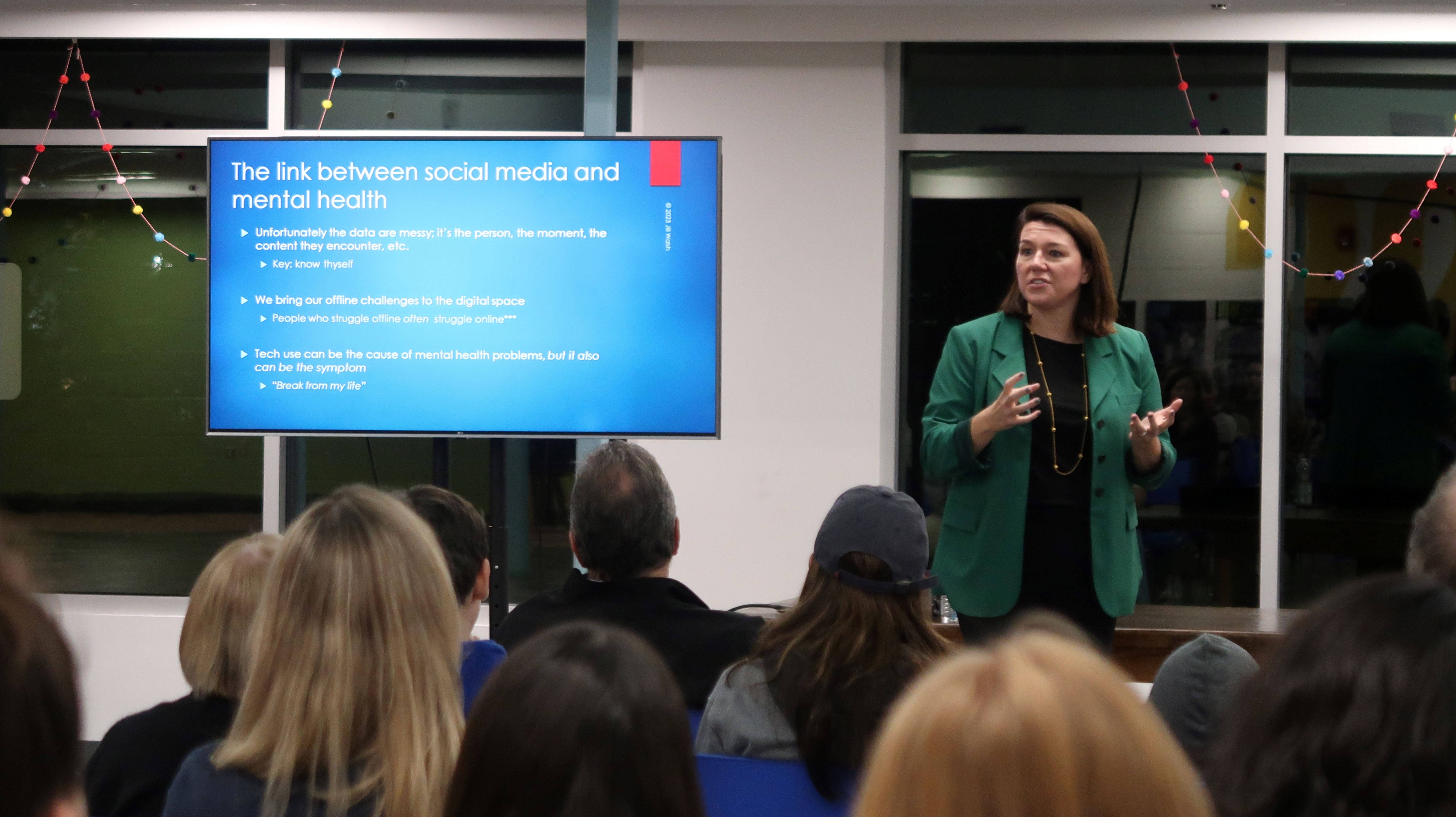
Dr. Walsh opened her presentation by stating, “Unfortunately, the data are messy.” There are several variables that take into account an individual’s experience with social media, and she recognized that sometimes technology is not only the cause of mental health problems. Instead, technology can also be “the symptom.” The audience was captivated by Dr. Walsh’s presentation, as she described how social media can negatively affect people of all ages and that it is not a gendered phenomenon. According to Dr. Walsh, social media is a platform where misinformation is easily spread, algorithms can lead to dangerous rabbit holes, mood and sleep are affected, negative comparison is generated, and more.
For issues that specifically affect teens, Dr. Walsh explained that there are certain behaviors parents should look out for and discuss with their children such as excessive rumination (repetitive thinking or dwelling on negative feelings and distress and their causes and consequences), a consistent lack of interest in their usual activities, and children serving as counselors to their friends. Nevertheless, her presentation also explored the pros of social media. For example, social media can serve as an accessible space to find community, affirm one’s self, be engaged in various topics, and explore their interests. Thus, Dr. Walsh encouraged the audience to bridge the gap on how teens and adults perceive social media.
The second half of the event was characterized by in-person breakout rooms with youth and teens in one room and parents and adults in another. Though each breakout room received a different set of prompts, the participants also had the opportunity to have an open dialogue about the presentation, connect over shared ideas, and ask questions. The evening concluded with an optional survey about the event, where participants from both age groups had newfound insights. Highlighting Dr. Walsh’s point of identifying the benefits of social media to avoid the cons, one student emphasized that “while lots of social media platforms have aspects that aren’t the best for anyone’s mental health, a large amount of them are used for connection.”
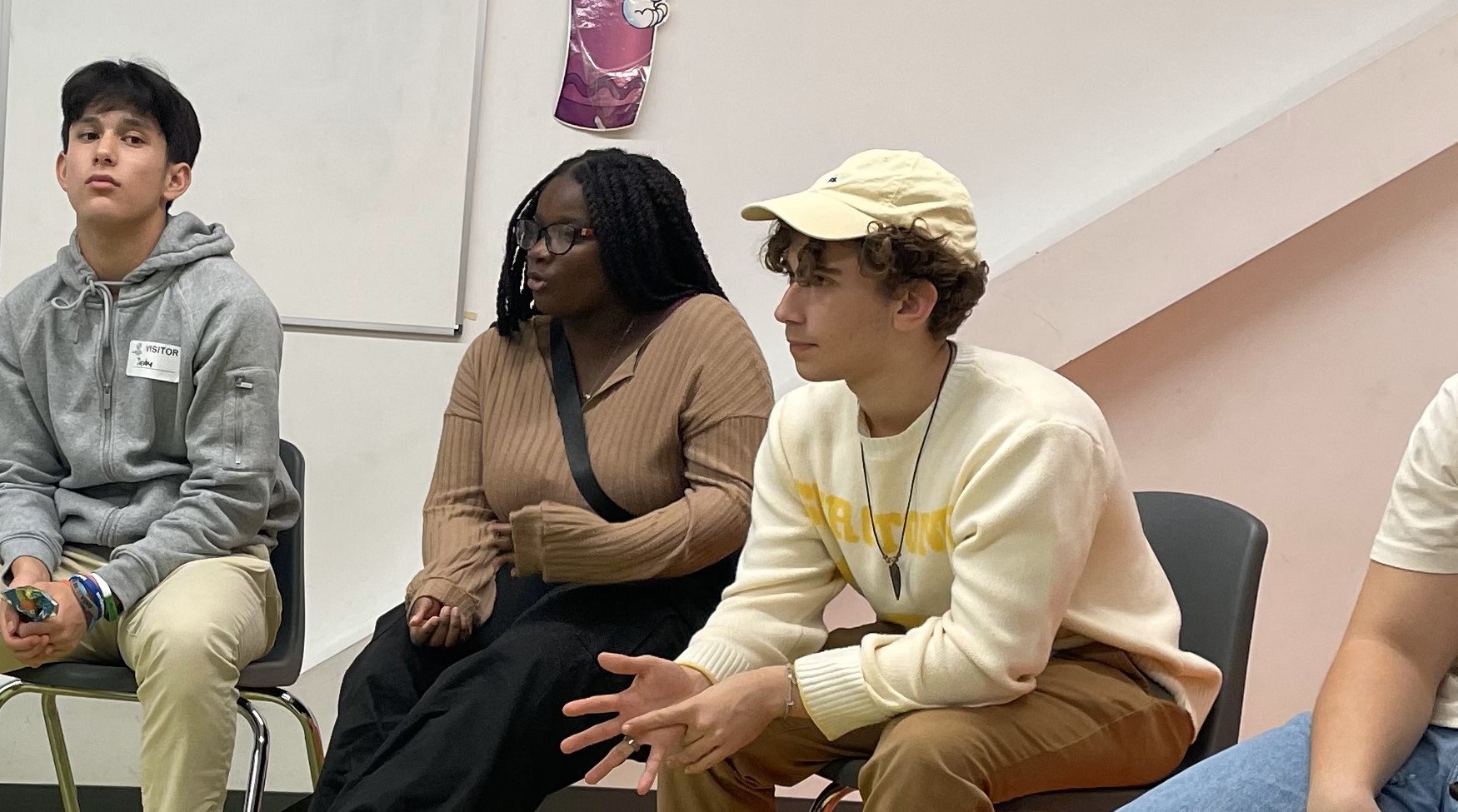
An adult participant remarked that they left feeling like they knew how to “look out for signs that social media could be exacerbating mental health issues” and realized “that there is, in fact, a lot of good that can come from social media.” All attendees received various takeaways that enhanced their comprehension of social media and its impact on teen mental health. For those who would like to learn more about social media and technology’s impact on mental health, Dr. Jill Walsh recommends reading Dopamine Nation by Dr. Anna Lembke, which is available at the Woburn Public Library.
Thank you to everyone who joined us for the workshop, and we hope to see you again at future LET events! Congratulations to the SCI LET high school interns, Jacoby Altman, Luke Sheldon, and Valery Verdier, on a successful first event due to their passion for the topic and diligence in conducting outreach. Thank you to the James L. McKeown Boys & Girls Club of Woburn for hosting a space for the workshop. Thank you to The Studio Café for matching a donation on Studio Café gift cards, an incentive for the first 20 workshop guests! Thank you to the Winchester Coalition for a Safer Community for supporting the LET program. Finally, a big thank you to the Winchester Hospital Community Benefits for funding LET and making this event possible!
The LET program is a joint initiative of SCI and Network for Social Justice (NFSJ) that seeks to advance mental health awareness and engagement among youth within, and beyond, Winchester and Woburn through a focus on the intersection of mental health, race, and identity.
